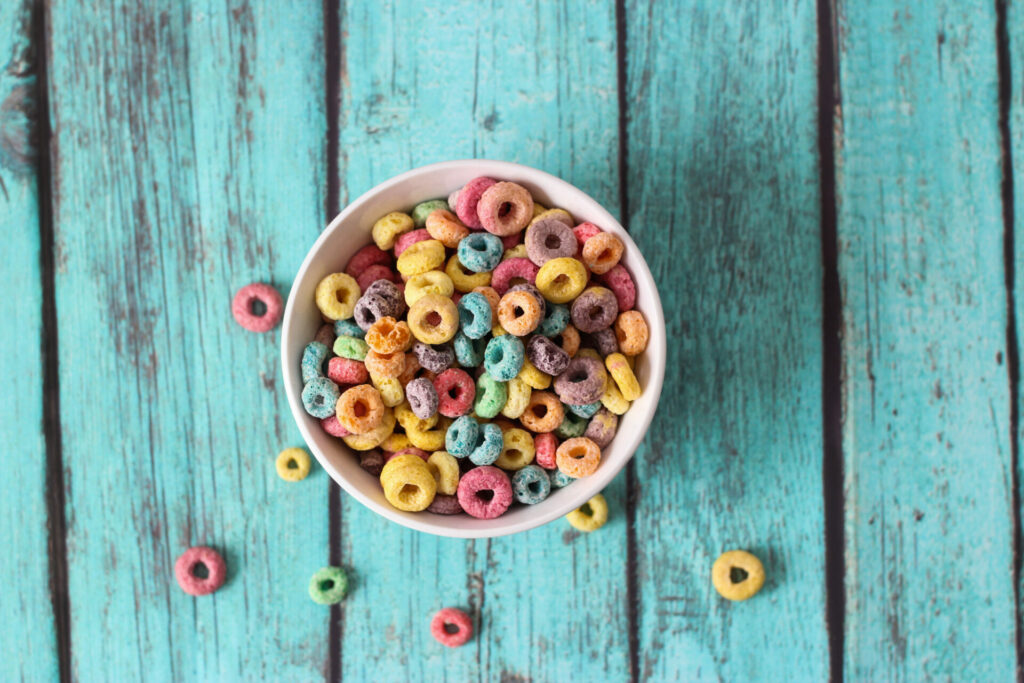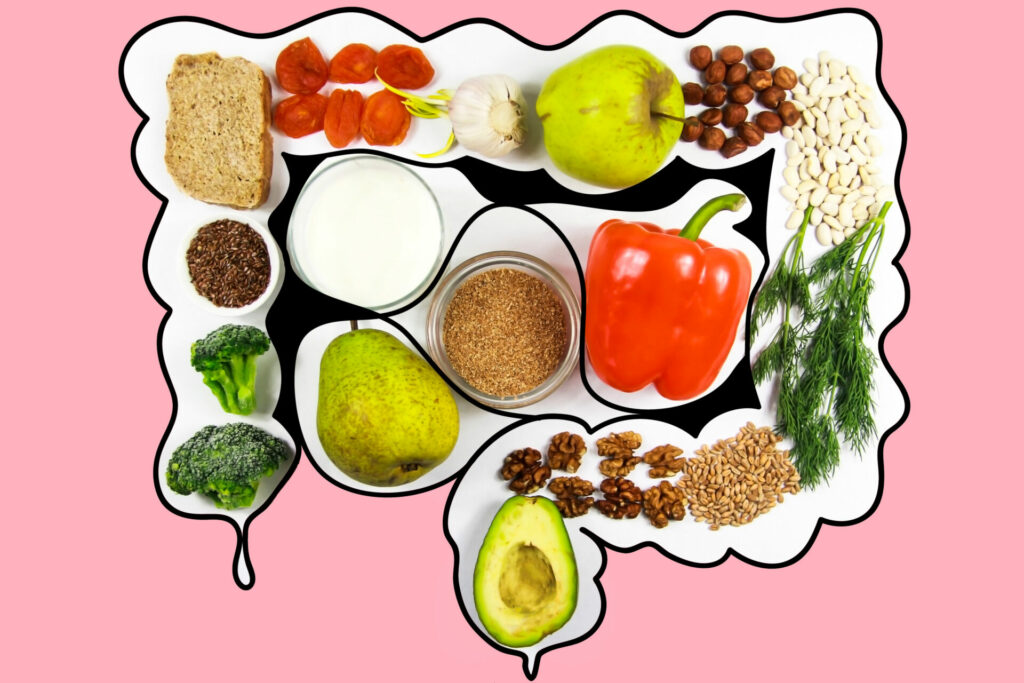Stop when you’ve heard any of this before: Cut down on meat because it’s bad for you – and the environment. Don’t go vegan, though, because you will miss out on key nutrients. Take these supplements to support your immune system, but don’t take THOSE vitamins, your gut can’t absorb them adequately.
Sound familiar? Welcome to 2023’s equivalent of russian roulette for our health, where we are fed a daily diet of conflicting narratives on what’s best for our wellbeing. It’s a minefield to navigate, particularly as between mainstream media coverage and influencer-based recommendations, there is a sliver of medical fact that often gets distorted or under reported.

We’re woefully going around in circles trying to be the best versions of ourselves. See above: ‘A-sometimes-meat-eater-vegan-lite-triathalon-wonder-woman-with-impossibly-shiny-hair-and-glowing-skin’ and not establishing the root cause of why our energy levels come crashing down at a certain point each day, or why we’re constantly bloated and lethargic.
Trust Your Gut
It’s not any one thing that can trigger these symptoms either, although we’re now a lot more aware of how this can be linked to our gut health. Ironically we’ve been ‘trusting our gut’ for decades when it comes to making any big life decisions, so the fact that this is now intrinsically linked to better digestion and maybe even better immunity, shouldn’t come as a surprise.
So, when was the last time you thought about your gut microbiome? Granted, it may not be the most riveting conversation topic, but it is fast becoming the cornerstone of ‘hacking’ our way back to better health.
Did you know that our gut microbiome is bigger than the average human brain and weighs about 2 kg? What a visual. However, each person’s ‘gut makeup’ is very different, which means there’s no one-size-fits-all approach to achieving the holy grail of gut health.
That being said, there’s still an awful lot we don’t know about gut health. The first of which is understanding that not all the bacteria, viruses and fungi that exist in our bodies (collectively known as the microbiome) are bad. Some are linked to infection and disease, however, others are working overtime to support our immune system health.
Did you know that our gut microbiome is bigger than the average human brain and weighs about 2 kg? What a visual. However, each person’s ‘gut makeup’ is very different, which means there’s no one-size-fits-all approach to achieving the holy grail of gut health.
Where Does Ultra-Processed Food Come In?
If you grew up in the 80s, 90s and early 00s, chances are that microwavable meals were something of a diet staple. As our lives became busier, time became the ultimate luxury and the way we began to feed ourselves shifted. With less time to cook, we turned to quick and easy pre-packaged, ultra-processed convenience, not realizing the effects it would have further down the line.
A study conducted in 2019 concluded that 57 per cent of the average UK diet is made up of ultra processed foods (UPF). Pumped full of chemicals and additives to improve taste and increase shelf-life, it’s not ideal to consume too much of these foods if we want to try and keep our gut in check.

Gut microbes work to keep our gut and colon healthy by reducing inflammatory responses and metabolizing glucose levels. Microbes need about 30g of fiber a day, however in the UK, the average intake of fiber is just 10-15g.
Before you start throwing out everything in your kitchen and decide to become a raw warrior, remember, everything is processed to some extent these days.
UPF are typically high in sugar and laden with emulsifiers, making it difficult for our microbes to break them down. Experts have found it tricky to identify exactly what is so problematic about pre-packaged foods and our gut reaction to them, but it may have something to do with the refinement process removing most of the fiber.
Before you start throwing out everything in your kitchen and decide to become a raw warrior however, remember, everything is processed to some extent these days. There are very few foods that we consume today that are still in their raw state, but ultra-processed foods are in a different league altogether and need to be feature minimally, if at all, in our diets.
The Four Food Categories
In the NOVA food classification system created by Carlos A Monteiro, a professor of nutrition and public health at the University of São Paulo, there are four food categories that can be used to identify and track the food we eat.
As you’d expect, category one and two focus on unprocessed, minimally processed or processed culinary foods (think butter, oil, honey etc.) while category three covers processed foods, such as bread, cheese and tinned foods. The top delinquents in category four? All of your childhood UPF favorites; fizzy drinks, ice cream, cakes, pizza and chicken nuggets.
What do all the UPF foods share? Monteiro says, it’s that they are designed to displace freshly prepared dishes and keep you coming back for more, and more, and more. ‘Every day from breakfast to dinner you are consuming something that was engineered to be overconsumed.’

The concept of ultra-processed food has caught on since Monteiro first introduced in 2009, today Brazil, France, Ecuador and Peru have incorporated NOVA into their dietary guidelines. His guide is a good springboard for us to educate ourselves on what goes into the foods we so enjoy consuming.
The label has been used to criticize plant-based meat companies, some of whom have decided to embraced the label. Impossible calls its plant-based burger ‘unapologetically processed.’
As for our collective gut health, it’s unrealistic to expect everyone to cut out UPF altogether. That ship has probably sailed. However, our fascination with how best to optimize our health to live longer with less ailments and illnesses remains a top priority.
The gut may not have all the answers, but it’s definitely a good place to start.









